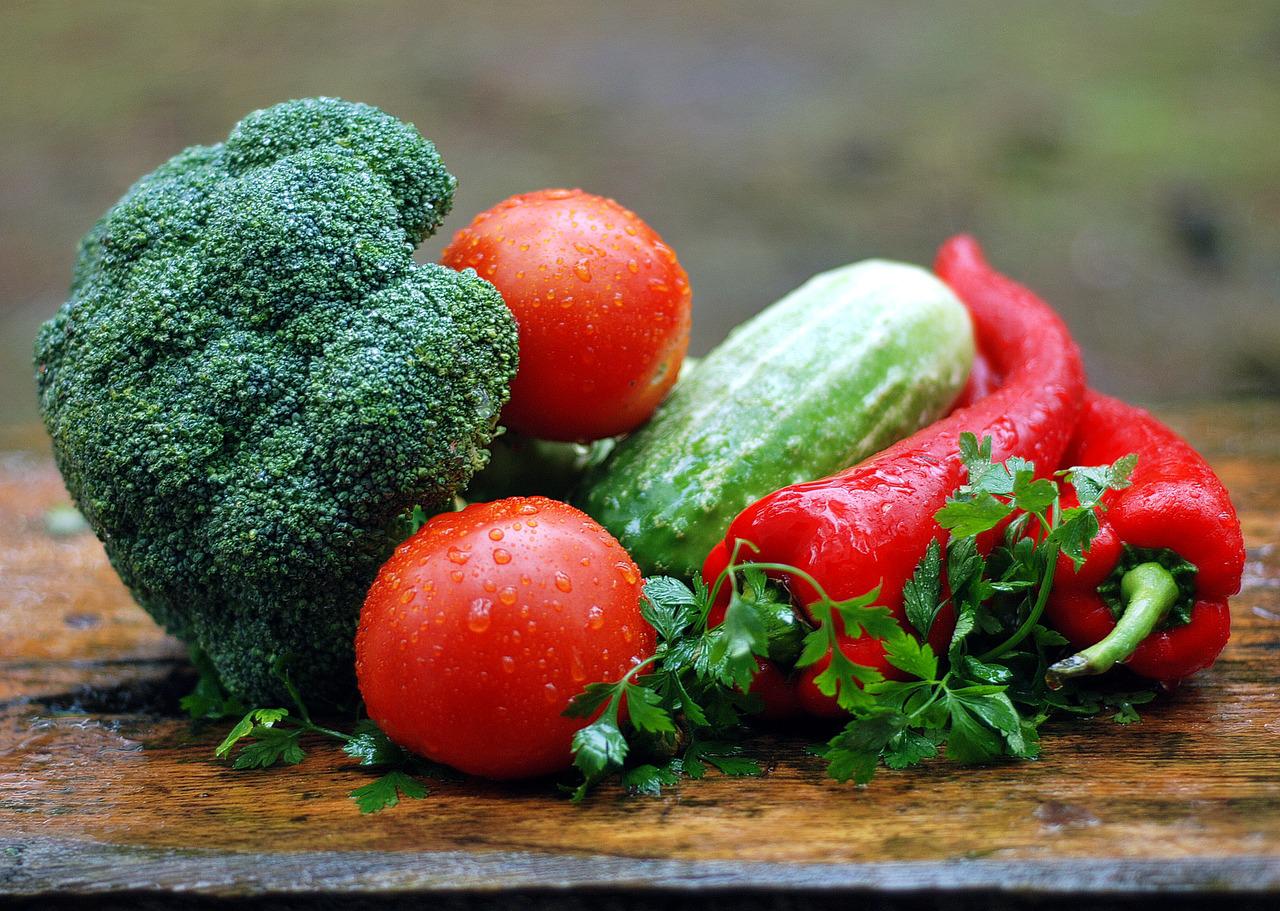By Niki Carr, Nutritionist
Should I buy organic produce?
Is organic always better?
A hotly debated topic of scientists, nutritionists, and dietitians. The research is still out on whether organic varieties of fruits and veggies have more nutrients than conventionally grown versions. You can find numerous studies that support either side of the argument. We do know that organic farming tends to be more restorative and regenerative to the soil and safer for the environment. We also know that organic veggies tend to travel less distance after being picked, which means they have a smaller carbon footprint. Some will argue that since we can’t prove that organic foods are more nutrient-dense than their conventionally grown counterparts, then they aren’t worth the cost. However, it’s not just about getting more vitamins and nutrients out of it -it’s also about what you are excluding from your produce when you buy organic.
Do I have to buy organic?
When you choose organic fruits and veggies, you will be avoiding the synthetic fungicides, herbicides and pesticides that are common in conventional farming. Exposure to pesticides and herbicides is linked to increased cancer risks, respiratory issues, and cardiovascular disease. Herbicides fall into a category called Endocrine-Disrupting Chemicals (or EDC’s). These environmental pollutants are linked to diabetes, obesity and other metabolic disorders. These EDC’s can harm birds and bees as well as other wildlife. Although most fruits and veggies sold in the US have harmful chemicals on them, we still need to include them in our diet because they also provide us with important nourishment too. But how?
Making organic doable
Eating organic can be expensive and feel out of reach, especially with food costs on the rise. My favorite way to decide which fruit and veggies to buy is by checking out EWG’s yearly guides on the Dirty Dozen and the Clean Fifteen. The Environmental Working Group does independent testing on common fruits and veggies and ranks them by the number of herbicides and pesticides found on them. By doing this, they determine which produce carries the highest amount of toxins and which has the least amount. While creating your grocery list, prioritize purchasing organic versions of the foods on the Dirty Dozen list. If the budget doesn’t allow for all organic produce, you can opt for the conventionally grown versions of the foods on the Clean Fifteen list.
More strategies to get organic foods at a lower price
Pick frozen when you can.
This extends the life of your produce because you don’t have to worry about it going bad. Choosing frozen also gives you access to produce picked at its peak freshness. Prices on frozen foods tend to be more stable and affordable.
Stay local
Many small-scale farmers use organic practices, but don’t choose to pursue the organic certification because it can be very pricey for a small operation. Don’t hesitate to ask! Most farmers love talking about what they do. The best way to access these local farms is to connect with them through a CSA -where you pay for a whole season of whatever they grew. Another way is to visit any local Farmer’s Markets. Many markets also have dollar matching for Supplemental Nutrition Assistance Program (SNAP).
Is organic always better? Yes and no (sorry for the non-answer). But, we hope that these words from a nutritionist can help guide you in at least a more informed direction. Be sure to save the infographics (above) to your phone and refer to them when making your grocery list or wandering around Fred Meyer’s.
Interested in how to make vegetables more a part of your diet in general? Reach out for a free virtual consultation.




